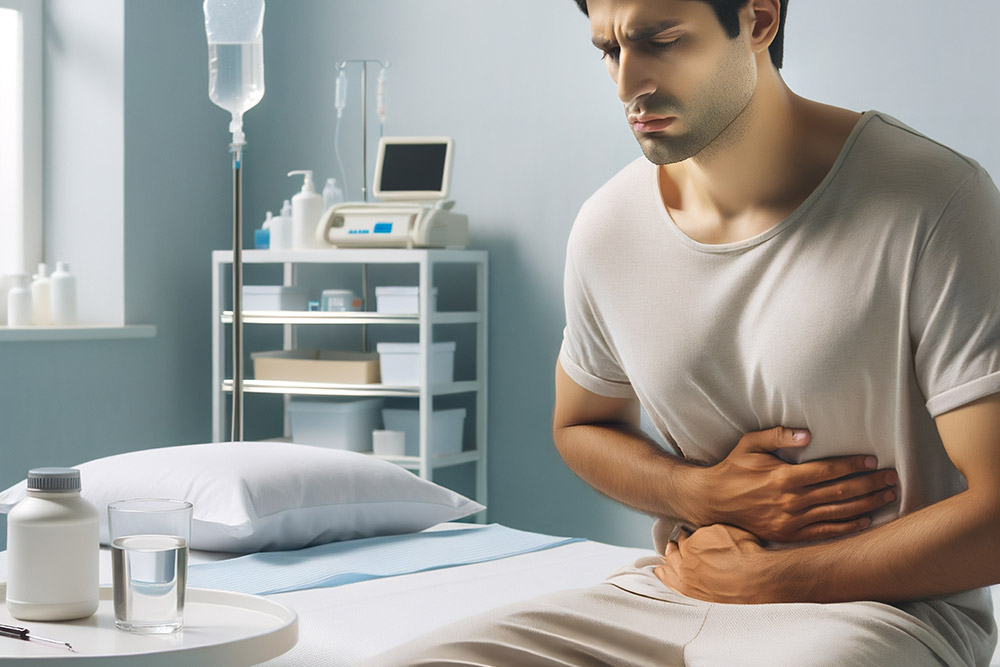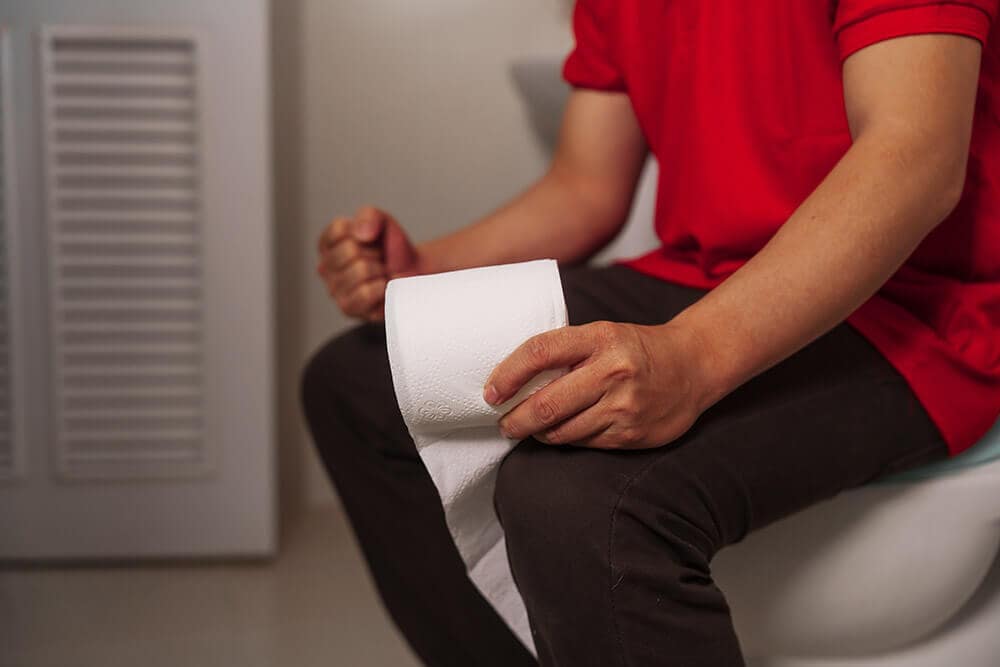What is Crohn's Disease?
Crohn's disease is a long-term condition that causes swelling in your digestive tract. It can affect any part of your GI tract-from your mouth to your anus-but it often impacts the small intestine. Symptoms can be mild or severe. They may also come and go over time.
Common Causes and Risk Factors
- Family history of inflammatory bowel disease (IBD)
- An abnormal immune response that attacks healthy gut tissue
- Smoking or use of tobacco products
- Regular use of nonsteroidal anti-inflammatory drugs (NSAIDs)
- Living in urban or colder climates
- Certain genetic mutations linked to Crohn's (for example, NOD2)
Signs and Symptoms
- Persistent diarrhea that may be bloody
- Abdominal pain and cramping, often in the lower right quadrant
- Unintended weight loss and reduced appetite
- Chronic fatigue and general malaise
- Blood in the stool or rectal bleeding
- Mouth ulcers or sores
How Dr. Rishi Diagnoses Crohn's Disease?
Dr. Chadha uses a step-by-step approach:
Medical History and Exam
He reviews your personal and family history of IBD, your symptoms, lifestyle factors, and performs a thorough physical exam.
Blood Tests
We check for inflammation markers (CRP, ESR), assess for anemia, and rule out other causes of your symptoms.
Stool Tests
These tests look for infections, occult blood, and markers of intestinal inflammation.
Endoscopy and Colonoscopy
A flexible camera lets Dr. Chadha directly visualize and biopsy areas of your GI tract to confirm Crohn's changes.
Imaging Studies
- MRI Enterography provides high-resolution images of small-bowel inflammation and complications.
- CT Enterography evaluates deeper intestinal layers, strictures, and fistulas.
Advanced Testing (if needed)
Video capsule endoscopy or small-bowel ultrasound may be used when additional detail is required.
Frequently Asked Questions
What is Crohns disease
It is a chronic condition that causes swelling in parts of your digestive system.
Do I need a Crohns test
Yes, if you have persistent belly pain, diarrhea, or unexplained weight loss, testing is recommended to rule out or confirm Crohns.
Is surgery always needed
No. Many people manage symptoms effectively with medications and diet changes. Surgery is reserved for severe complications or strictures.
Can Crohns be cured
There is currently no cure, but treatment helps most people achieve remission and maintain a good quality of life.
What foods are good for Crohns
During flares, low fiber or low residue foods are best. In remission, lean proteins and well cooked vegetables are usually well tolerated.
Are biologics safe
Yes. Biologics are FDA approved, target specific inflammation pathways, and are closely monitored by Dr. Chadha for safety and efficacy.
How often do I need to visit
Follow up is typically every 3 to 6 months during remission and more often during flares to adjust therapy as needed.
Do you offer virtual visits
Yes. Telehealth appointments are available for routine check ins and medication management.
Will insurance cover my care
Most insurance plans cover Crohns tests and treatments. Our staff will assist with prior authorizations and billing questions.
How fast can I get an appointment
We strive to see new patients within a week for urgent issues. Routine appointments are scheduled as soon as possible based on your needs.











